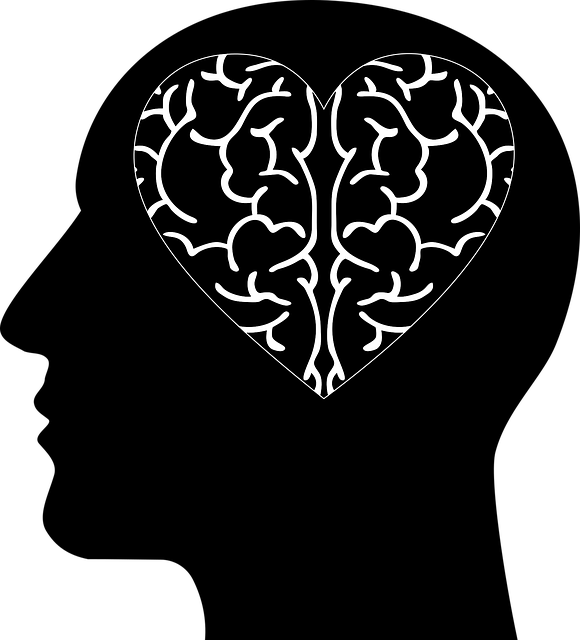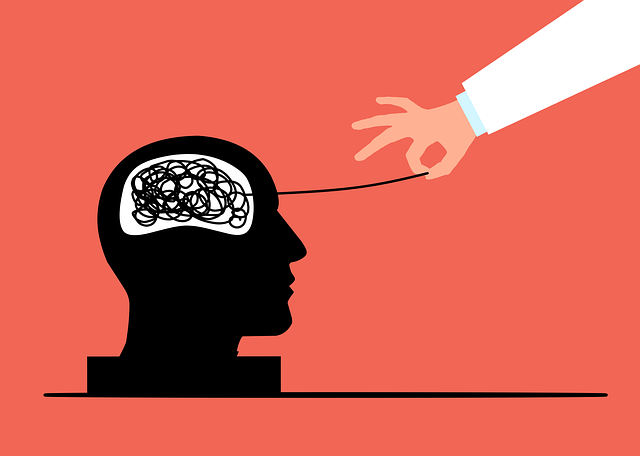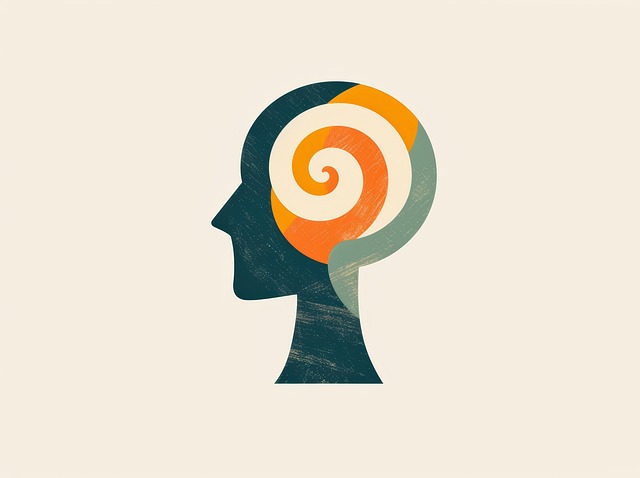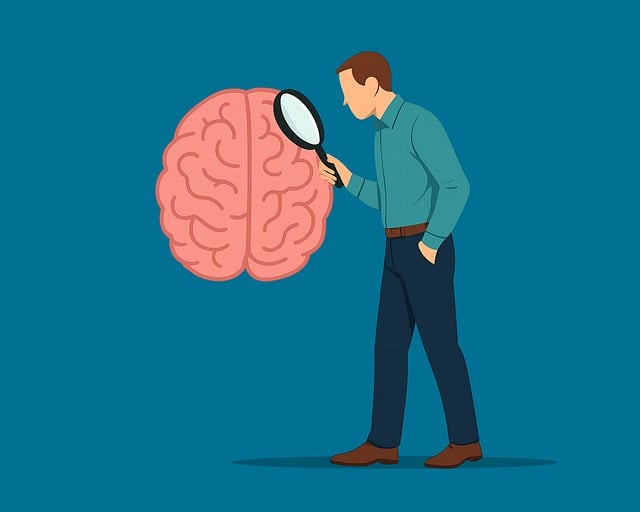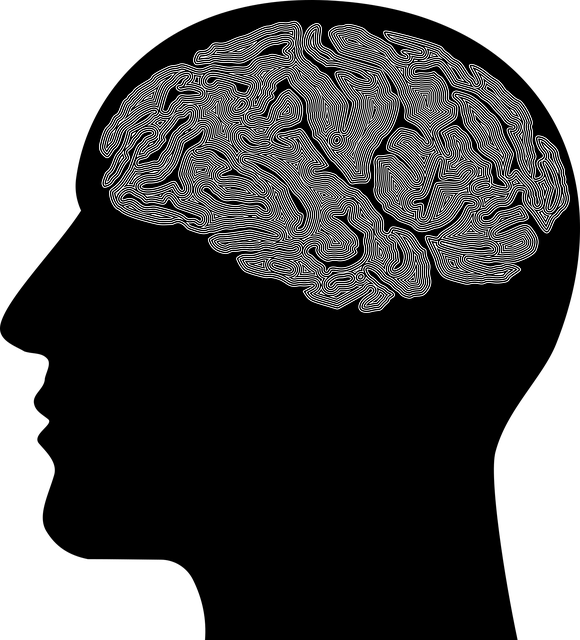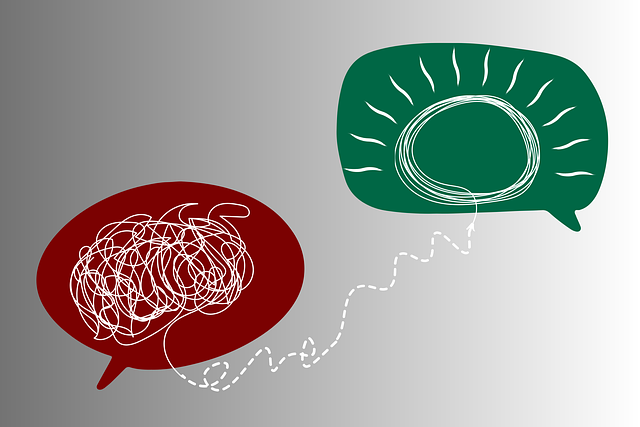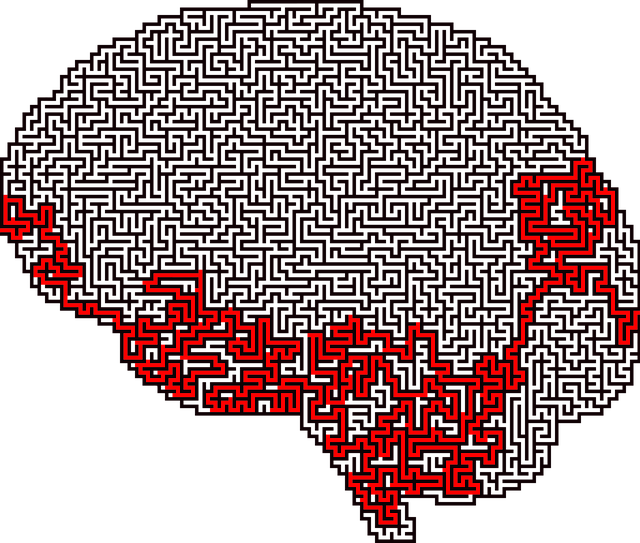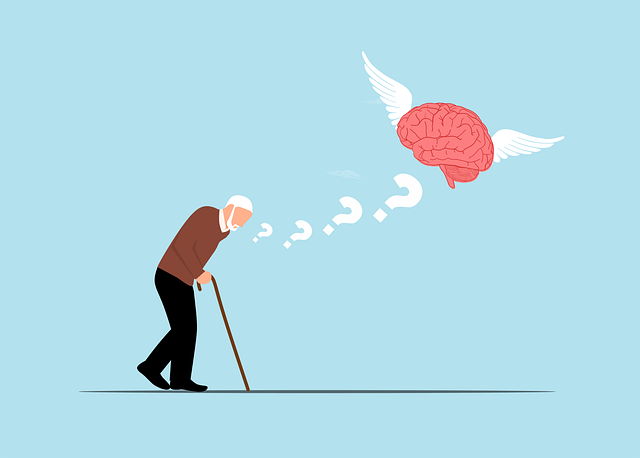Cultural competency in healthcare is essential for meeting the unique needs of diverse patient populations, especially regarding pain management. By understanding and respecting cultural backgrounds, providers can deliver tailored services, improving patient satisfaction and outcomes. Unconscious biases and stereotypes hinder care, so community outreach programs, mental wellness podcasts, and crisis intervention guidance are crucial. Effective training includes workshops on mood and stress management, community engagement, and holistic approaches that integrate alternative therapies. Evaluating success beyond satisfaction surveys shows improved patient outcomes, communication, and cultural knowledge, with a focus on superior pain management therapy tailored to diverse needs, leading to better relief and increased satisfaction.
“Healthcare provider cultural competency training is an essential pillar in delivering quality, equitable care. In today’s diverse society, understanding cultural nuances is crucial for effective patient interaction and pain management. This article explores the significance of cultural competency in healthcare, delves into the impact of unconscious biases, and offers practical strategies for training providers. We discuss how Superior Pain Management Therapy can be tailored to a diverse population and emphasize measuring the success of cultural competency programs through evaluation.”
- Understanding Cultural Competency in Healthcare: Why It Matters
- The Impact of Cultural Biases on Patient Care and Pain Management
- Effective Strategies for Training Healthcare Providers
- Incorporating Superior Pain Management Therapy in a Diverse Population
- Measuring Success: Evaluating the Effectiveness of Cultural Competency Programs
Understanding Cultural Competency in Healthcare: Why It Matters

Cultural competency is an essential aspect of modern healthcare that goes beyond treating symptoms and focuses on addressing the unique cultural needs of each patient. It involves understanding and respecting diverse cultural backgrounds, beliefs, and values, ensuring that healthcare services are accessible and tailored to individual patients’ needs. This approach is crucial in improving patient satisfaction, treatment outcomes, and overall health equity.
In today’s diverse society, healthcare providers interact with patients from various ethnic, racial, and cultural groups. By incorporating cultural competency training, medical professionals can offer superior pain management therapy while considering the specific cultural context of each patient. For instance, mindfulness meditation and mental wellness coaching programs can be valuable tools for promoting healing and self-care routines that cater to different cultural preferences, ultimately enhancing overall mental health and well-being.
The Impact of Cultural Biases on Patient Care and Pain Management

Cultural biases among healthcare providers can significantly impact patient care and pain management. Unconscious stereotypes or generalizations about a patient’s background, beliefs, or behaviors may lead to miscommunication and misunderstandings. This can result in inadequate assessment of pain levels, inappropriate treatment recommendations, and even cultural barriers to accessing necessary services. For instance, a provider’s assumption about a patient’s pain tolerance based on their race or ethnicity could delay proper intervention, leading to prolonged suffering.
Addressing these biases is crucial for achieving superior pain management therapy. Implementing community outreach programs that educate both patients and providers about diverse cultural practices related to health and wellness can foster understanding and respect. Additionally, the production of mental wellness podcast series can provide a platform for sharing personal stories and experiences, promoting empathy and challenging stereotypes. Crisis intervention guidance tailored to cultural sensitivities is also vital, ensuring that healthcare professionals are equipped to handle sensitive situations with care and compassion.
Effective Strategies for Training Healthcare Providers

Effective cultural competency training for healthcare providers is multifaceted and engaging. It begins with superior pain management therapy techniques tailored to diverse patient populations, ensuring every individual receives compassionate care. Workshops focusing on mood management and stress management are integral components, equipping providers with tools to address the mental health aspects often intertwined with physical ailments. These sessions can foster a deeper understanding of cultural nuances affecting patient-provider interactions, leading to improved communication and trust.
Beyond the clinical realm, implementing community outreach program initiatives allows healthcare organizations to connect directly with diverse communities. By engaging in these programs, providers gain firsthand insights into community needs and concerns, fostering a more holistic approach to patient care. This direct engagement also builds stronger relationships, encouraging open dialogue about health-related issues specific to different cultural backgrounds.
Incorporating Superior Pain Management Therapy in a Diverse Population

In a healthcare setting that serves a diverse population, it is imperative to address pain management holistically, incorporating superior pain management therapy tailored to various cultural and individual needs. This approach recognizes that pain experiences can vary significantly among different communities due to socio-cultural factors, beliefs, and traditional healing practices. For instance, some cultures may prefer alternative therapies or holistic treatments as the primary means of managing pain, while others might rely on Western medical interventions.
By integrating superior pain management therapy, healthcare providers can prevent burnout and enhance patient care. This involves not only offering a range of treatment options but also ensuring cultural sensitivity in their delivery. Stress management workshops for healthcare providers, along with mental illness stigma reduction efforts, play a crucial role in supporting professionals who interact with diverse populations. These initiatives aim to alleviate the stress and emotional toll often associated with caring for individuals from various backgrounds, thereby improving provider well-being and, consequently, the quality of care they deliver.
Measuring Success: Evaluating the Effectiveness of Cultural Competency Programs

Evaluating the success of cultural competency training programs is paramount to ensuring their effectiveness and impact on healthcare delivery. Measuring success goes beyond mere satisfaction surveys; it involves assessing concrete improvements in patient outcomes, communication skills, and cultural knowledge among healthcare providers. One key indicator is the ability to facilitate superior pain management therapy tailored to diverse patient populations. By incorporating cultural perspectives, healthcare providers can offer more personalized care, leading to improved pain relief and enhanced patient satisfaction.
Additionally, successful programs should foster inner strength development and emotional intelligence among participants. This includes promoting mental health awareness and equipping healthcare professionals with the tools to navigate complex cultural interactions sensitively and competently. Through regular assessments and feedback mechanisms, organizations can identify areas for improvement and tailor training programs to meet the evolving needs of a diverse patient and provider community.
Cultural competency training is an indispensable tool for healthcare providers, ensuring equitable and effective patient care in our diverse society. By recognizing and addressing cultural biases, healthcare professionals can deliver superior pain management therapy tailored to individual needs. Implementing evidence-based training strategies and incorporating diverse perspectives into medical education will ultimately lead to improved health outcomes and a more inclusive healthcare system. This comprehensive approach is essential for navigating the complex landscape of patient care, fostering better relationships, and creating a positive impact on communities across the nation.
